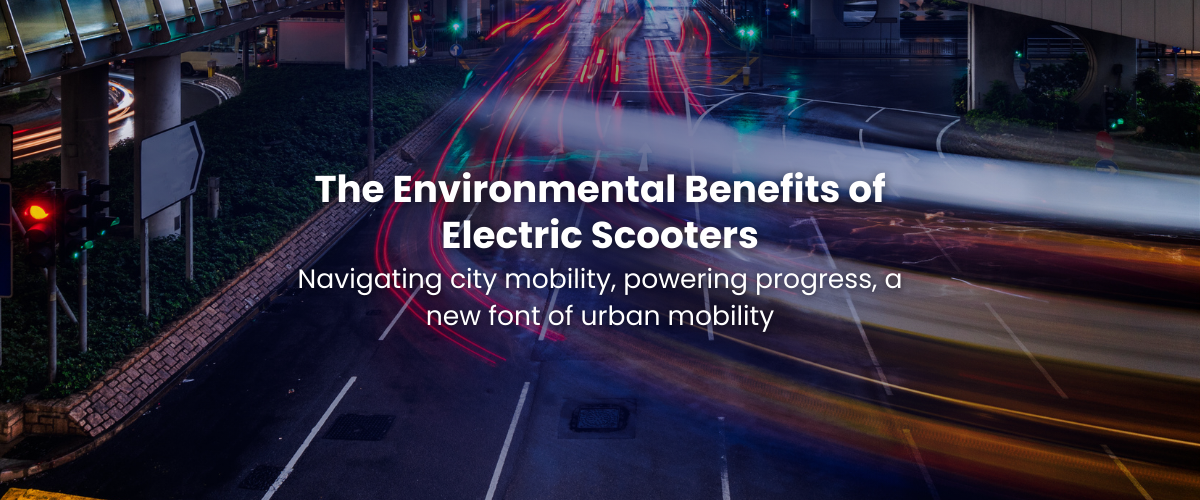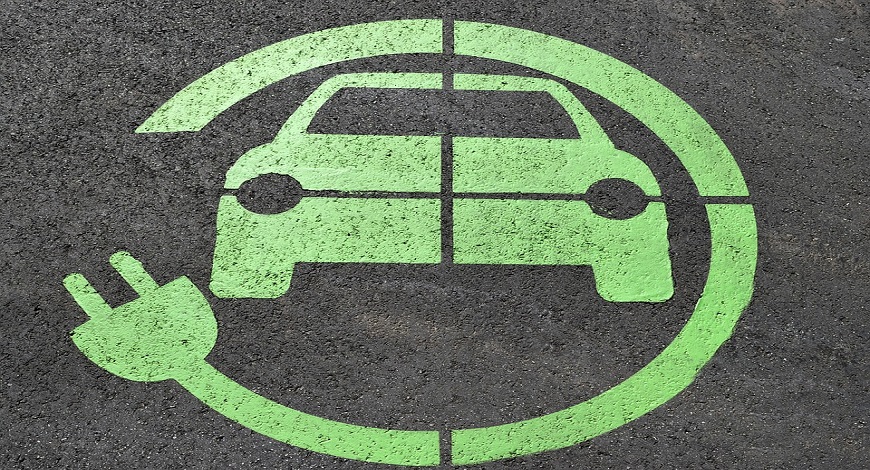
Lithium batteries are essential for disaster preparedness and emergency power because they can provide reliable,6 efficient, and sustainable backup power for various devices and applications that augment disaster preparedness. They can also integrate renewable energy sources and reduce greenhouse gas emissions.
Transitioning to clean energy may be seen as a burden by many economies dependent on fossil fuels, but clean energy technologies are inherently decentralized and modular, extending energy to even the most remote locations and playing a key role in disaster preparedness.
Regions that utilize Lithium batteries to power localized clean infrastructure are arguably better prepared for disasters than locations that receive power from predominantly fossil-fuel sources. This is because in times of disaster or crisis, fuel supply or conventional power infrastructure may fail to deliver, have disruptions, or become inaccessible.
This edition of LOHUM Green Gazette walks through the potentially lifesaving contributions of Lithium-ion battery technology in the field of disaster management and emergency power.
Lithium batteries are important for the energy transition because they can store and distribute the electricity generated from renewable sources, such as solar and wind power. By storing excess energy, they act as a backup during power outages.
Lithium batteries have become increasingly popular in recent years due to their ability to provide a continuous emergency power supply. This is particularly useful for critical infrastructure, disaster preparedness, homes, and businesses that require uninterrupted power and emergency power supply 24/7.
These lithium batteries’ advantages in disaster preparedness enable power continuity, even when the main grid is down, providing immediate relief and aiding emergency response efforts. As wind and solar power are abundant, clean energy Infrastructure powered by lithium-ion batteries insulates communities from the adversities of disasters.
Lithium batteries can be utilized to manage peak loads for a minimum of four hours, replacing the need for traditional gas-fired power plants. This can significantly reduce the carbon footprint of a region by reducing greenhouse gas emissions. Lithium Battery Energy Storage Systems (BESS) provide flexibility to the transmission grid, ensuring stable system operation even during contingency events such as breakdowns or blackouts.
Lithium batteries’ advantages in disaster preparedness are anticipated to have a significant role in fulfilling the climate change objectives by diminishing greenhouse gas emissions and enlarging the proportion of renewable energy in the global energy combination. However, the use of lithium batteries also comes with certain challenges and hazards such as scarcity of resources, environmental impacts, safety concerns, and difficulties in the process of recycling.
Hence, it is crucial to innovate sustainable and circular solutions for the battery industry, so that the benefits of clean energy become indeed clean, sustainable, and regenerable, which yields multi-faceted benefits for disaster preparedness.
Lithium-ion batteries play a transformative role in disaster preparedness and relief efforts in Unmanned Aerial Vehicles (UAVs) and Unmanned Underwater Vehicles (UUVs). These rescue vehicles benefit from Lithium-ion batteries’ high energy density, rapid charging capabilities, and excellent power-to-weight ratio.
The high energy density of lithium-ion batteries enables UAVs and UUVs to operate for extended periods without frequent recharging, crucial in disaster scenarios with limited power sources. Their fast-charging capabilities ensure swift deployment in emergencies, facilitating critical support such as search and rescue operations or damage assessment.
An excellent power-to-weight ratio allows UAVs and UUVs to carry heavier payloads while maintaining longer operational times, a valuable asset in disaster relief scenarios requiring the transportation of essential supplies, medical equipment, or surveillance devices to affected areas.
We’ve previously covered how Lithium-ion batteries are making healthcare portable and more reliable, and the benefits extend to disaster response and emergency medical relief in crises. Lithium batteries can power modular, ad-hoc medical infrastructure as well as a wide diversity of medical diagnostics and treatment equipment.
Modular solar power system shelters and accommodations are an innovative solution for disaster relief gaining traction in recent years, enabled by advances in materials fabrication, modular infrastructure, and construction 3D-printing. Designed to be transportable, sustainable, and require little maintenance, modular shelters are often prefabricated modules with quick assembly mechanisms and customizable expansions.
They provide private and secure places for people who have lost their homes or usual accommodations due to a disaster. Modular shelters, increasingly powered by Lithium-ion batteries, not only provide immediate and short-term shelter but also help victims recover from the trauma of a disaster and start the process of rehabilitation.
Disaster preparedness shelters can be easily assembled within hours on almost any terrain, without causing additional damage to the area, and are often made of sustainable and easy-to-find battery materials.
Lithium batteries’ advantages in disaster preparedness have been demonstrably effective in various disaster relief efforts worldwide. A few examples include:
Experts consider expanding microgrids as the next step to fill the gaps between the modular capacity of BESS and the larger, unpredictable energy requirements faced by communities in crises and for disaster preparedness.
Related blogs
This entrepreneur wants India to make its own lithium-ion cells for electric vehicle batteries

Forbes India
Rajat Verma already recovers raw materials from used cells at his venture, LOHUM Cleantech. He wants to close the loop by making cells in India as well.
India needs integrated recycling and repurposing battery business model: Rajat Verma of LOHUM Cleantech

YOURSTORY
In an interaction with AutoStory, Rajat Verma, Founder and CEO of LOHUM Cleantech, speaks about building his company, and about battery manufacturing and repurposing as an industry.
Sourcing Raw Materials Is A Big Challenge In Li-ion Battery Space: Founder Lohum

Business World Disrupt
Recognized as ‘The Most Innovative Company of the year 2022’ by The Confederation of Indian Industry (CII), LOHUM is a producer of sustainable Li-ion battery raw materials
1800 572 8822
Email : enquiry@lohum.com
G98, Site, 5, Kasna, Block A, Surajpur Site V, Greater Noida, Uttar Pradesh 201306
LOHUM Cleantech Private Limited, Plot No. D-7 & 8, Site 5th, Kasna Industrial Area, Greater Noida, Gautam Budh Nagar, Uttar Pradesh – 201308
LOHUM Cleantech Private Limited, Plot No. O-17, Site 5th, Kasna Industrial Area, Greater Noida, Gautam Budh Nagar, Uttar Pradesh – 201308